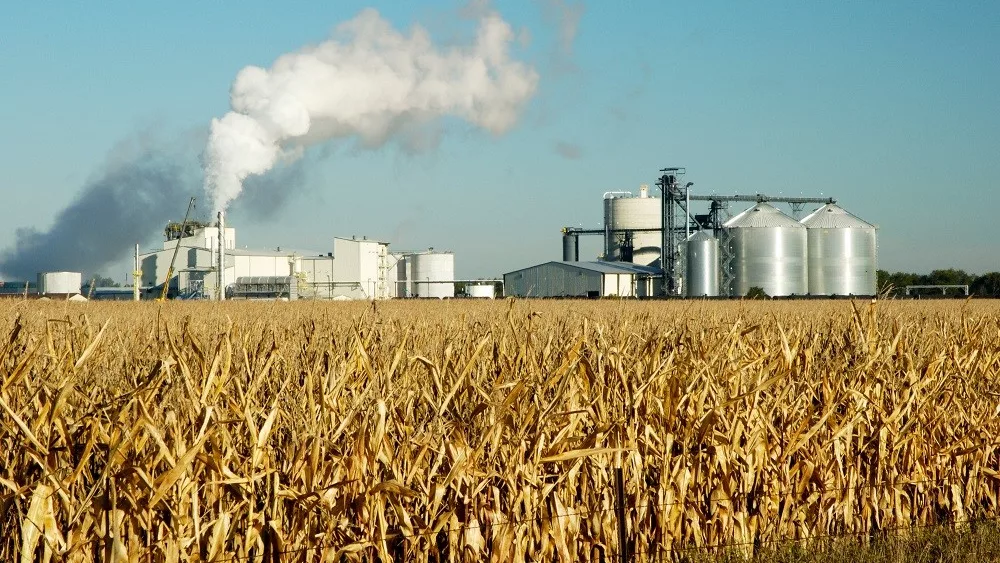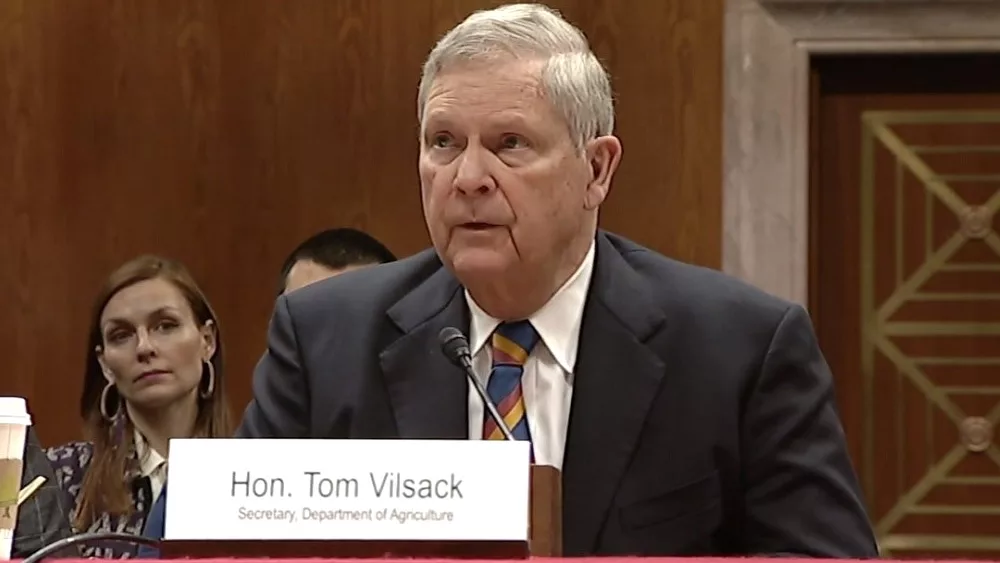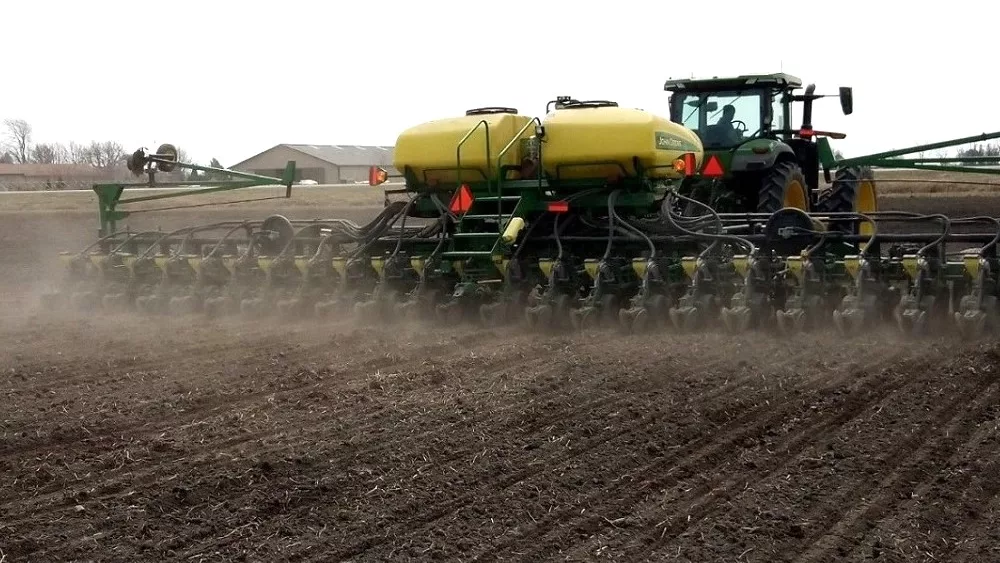
A ransomware attack on JBS is yet another blow for an already struggling cattle industry. The world’s largest meat producer confirmed an attack on Sunday May 30, causing all of its U.S. beef plants to shutter on Tuesday.
According to Lee Reichmuth, board member of the U.S. Cattlemen’s Association, plants have still been trying to work through the backlogged supply from when the pandemic started.
“It’s unfortunately becoming a common theme for the beef industry,” he said. “It all started back with the Holcomb fire, shutting down that plant for an extended amount of time. Then we went through the pandemic, then some of these producers who didn’t have stuff locked in to buy corn [and it] skyrocketed, some have had to deal with weather, and then we get another event like this week. It seems like we continually get these events every six months.”
These reoccurring black swan events have been frustrating to producers who are barely breaking even.
“We assume everything’s going to be normal—we’re going to have a market for cattle when they’re ready,” said Reichmuth. “When these events happen, it seems like the packing industry does even better. The gap between what the packer’s receiving and what they’re paying us is record large. Obviously, producers get hurt and when these events happen because of backed up supply, then we have to fight for a market to find the shank space to get our cattle slaughtered, so it usually goes to the lowest price. Then we have excess supply on our side.”
This bottleneck in turn hurts consumers.
“Then all of a sudden they see a lot less—tight supply—and the prices skyrocket up,” said Reichmuth. “You were seeing that even before this event. Outside the pandemic, boxed beef prices are the highest ever.”
JBS, Tyson, Cargill and National Beef control roughly 80 percent of meat packing in the U.S. There is an ongoing investigation by the Department of Justice into the meatpacking sector. Reichmuth said this latest event highlights what the industry has become and the ramifications.
“If we had more companies that owned the plants, this might only effect 3 percent or 5 percent of the market rather than 20, 25 percent of the market,” he said. “Our government needs to look at this and figure out what to do going forward.”





